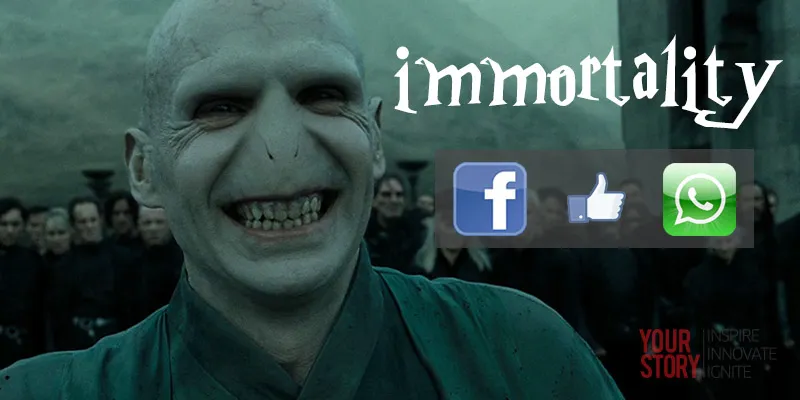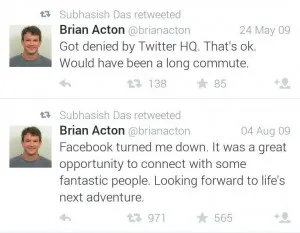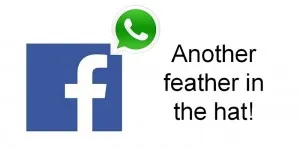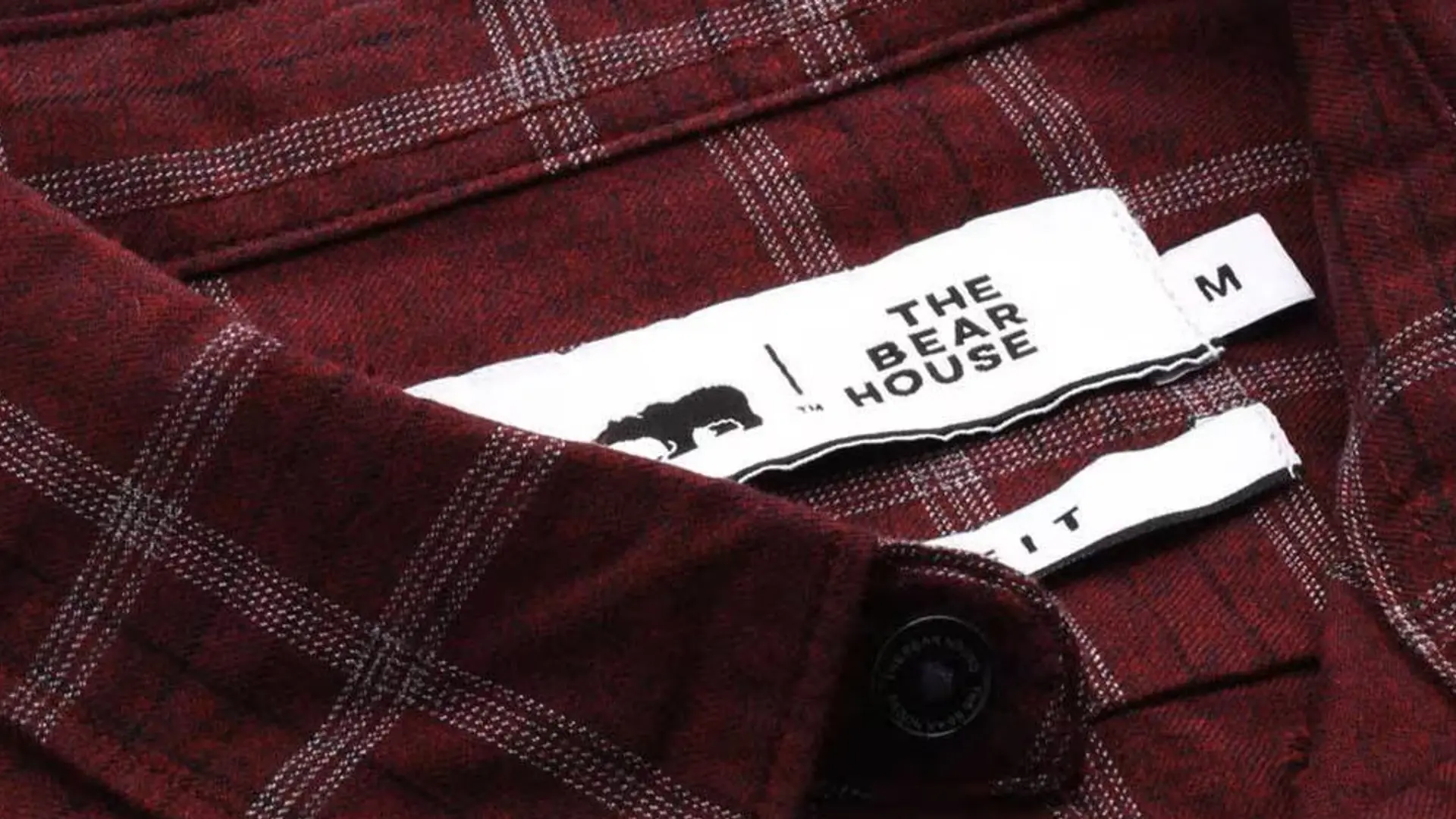With $19 billion for WhatsApp, has Facebook bought immortality?
The report of my death was an exaggeration, Mark Twain once said. Facebook could say the same today after its acquisition of the world's leading phone messaging app WhatsApp for $19 billion – $4 billion in cash, $12 billion in stock plus $3 billion in RSUs (Restricted Stock Units are not fully transferable until certain conditions have been met).
Recently there was debate over a Princeton study suggesting that Facebook would one day fade away like its predecessor MySpace. Facebook ridiculed the researchers, naturally. But just to make sure the Princetonians would not be proven right any time soon, they have set out to acquire the world.

There has been a mushrooming of mobile social apps, and WhatsApp is the biggest of them, with 450 million active users. Before acquiring WhatsApp, Facebook had bought the picture-sharing app Instagram for $1 billion. What had seemed huge then, looks Lilliputian now in front of the WhatsApp acquisition. With two of the most popular apps in its kitty, Facebook is making sure it doesn't get bypassed in social networking which is happening more and more on mobile devices.
There are now more smartphones in active use on the planet than PCs. Startups can use the mobile platform to get up and running quickly at a fraction of what it used to cost to acquire customers and scale up. Facebook will not be able to keep them all at bay, but it can use its size and stockpile of cash to stay way ahead of the pack with a combination of innovation and acquisition. Innovation came in the form of the news feed app Facebook Paper, and now comes a whopper of a social media acquisition – WhatsApp plus Instagram.

Ironically enough, WhatsApp co-founder Brian Acton had approached Facebook five years ago, and was turned down. This is what he had tweeted then: “Facebook turned me down. It was a great opportunity to connect with some fantastic people. Looking forward to life's next adventure." How quickly his world turned around.Simple, useful and ad-free
The WhatsApp proposition was simple: using the internet as a backbone for messaging and sending pictures to people on the address book of your smartphone. On any given day, nearly three-quarters of WhatsApp's 450 million users worldwide are active, compared to the industry standard for daily active users of around 20%.
Another remarkable number is that WhatsApp had only 32 developers – that works out to about 14 million users per developer. And yet, the service had negligible downtime. What's more, it was free to use for the first year or so, and then priced at $1.

What endeared WhatsApp to users most of all is that it came without riders, even when it was free. “No ads! No games! No gimmicks!” - that was Brian Acton's mantra, and WhatsApp concentrated on providing a service that users would love, without getting tempted to monetise personal information from the vast user base. This approach skyrocketed its popularity and took it way beyond its competitors who had entered this market earlier than WhatsApp.It remains to be seen if WhatsApp will remain ad-free as Facebook has promised. We recently reported how the mobile advertising company InMobi was fast closing in on Facebook, with 759 million active users. With one million new users coming on to WhatsApp everyday, how long will Facebook resist the temptation to pitch ads on it? What do you think? Let us know in the comments below.







